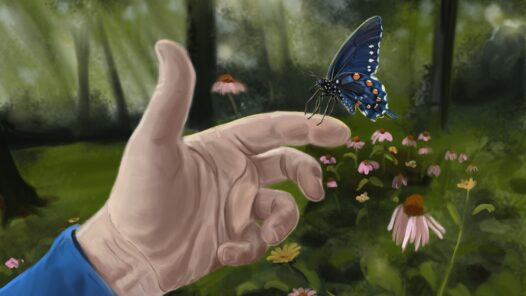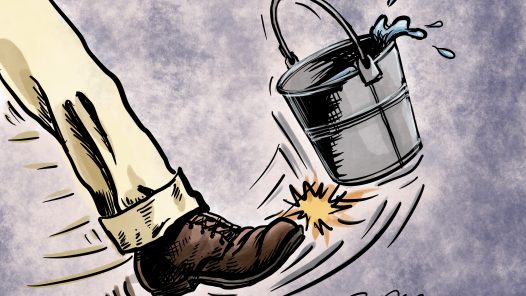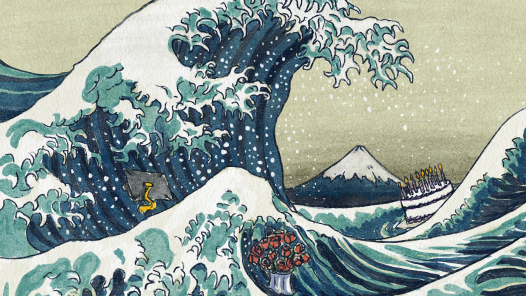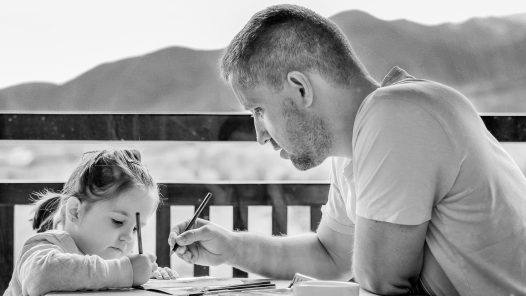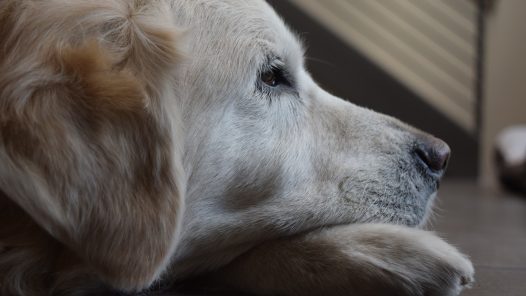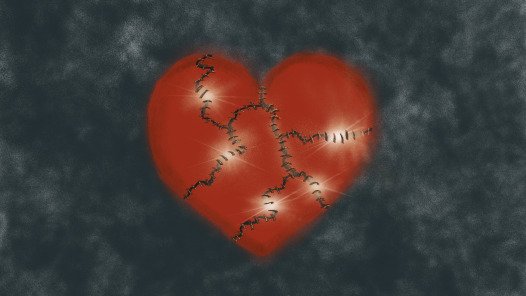Learn how mindfulness can help grief and trauma recovery, reduce stress, decrease anxiety and depression, and aid in coping with chronic pain.
A death changes everything: routines, relationships, feelings of of security, plans for the future...the list goes on and on. In this episode we talk about some of the forms of loss so you can recognize them.
Kicked the bucket, pushing up daises, passed on...why do we struggle to say they "died"? Learn about why we use euphemisms, and how our choice of words matters.
How would you manage your grief if you had superpowers? Grief is work, and as we learn from WandaVision, escaping it can have consequences, even for a superhero.
Why is the second year of grief so hard? Don't worry, it's normal! We explain why and how others can help. And you're not alone, Claire shares her grief journey.
Learn developmentally-appropriate ways to talk to children about death and some tools to help you in your conversation.
Do pets grieve loss of their housemates? We talk about the results of a recent study and what you can do to help them adjust.
Does love exist after life? Is there a connection that continues? Anita Meyers shares how tap the power within ourselves to move from grieving to gratitude.
The death of a child is a life-altering event for parents, leading to grief that is individual, intense, and long-lasting. The death of a child goes against the “natural” order of life. The young are supposed to outlive the old. It radically changes...
Traumatic or complicated grief is grief and mourning over a death that came about in traumatic circumstances (e.g. sudden, suicide, murder). COVID-19 brought a new dimension of related to illness because loved ones often died suddenly and alone...


